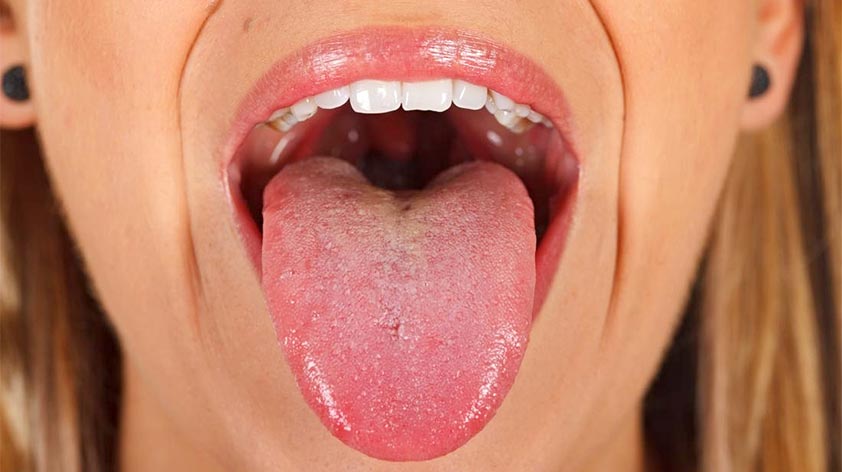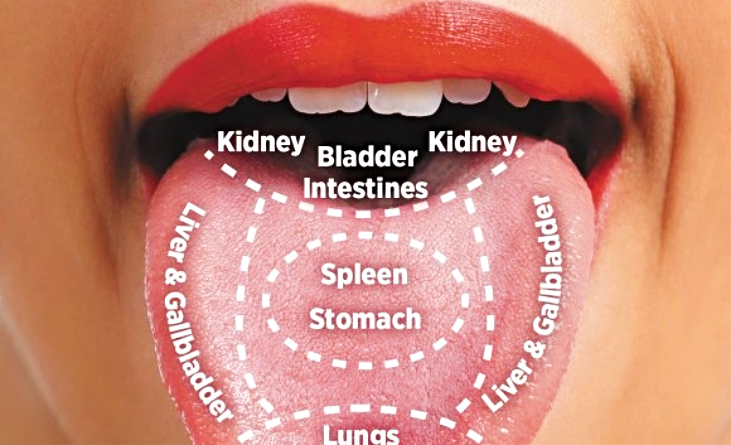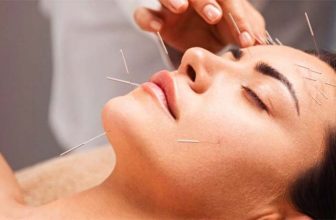
Did you know that your tongue can do a lot more for you aside from tasting your food? In fact, Chinese doctors, who practice Traditional Chinese Medicine (TCM) have been using it as a key source of information about the condition of their patient’s bodies for many hundreds of years. Chinese doctors include its analysis as part of their standard physical examination and diagnosis of their patients. I have been to a Chinese doctor myself, and sure enough he asked me to stick out my tongue, had a look and proceeded to correctly guess many of my lifestyle habits at that time, I was truly amazed! Want to know what I discovered on my visit? Then read on in Your Tongue, Your Health: 3 Things to Look Out For!
In this article, I want to help you examine your health by looking at your own tongue, I’m sure you’ll be intrigued at what you find.
According to traditional Chinese medicine theories, the tongue has many connections with the internal body through both the meridians and organs. It’s for this very reason that Chinese doctors consider examining it an essential part of patient diagnosis. Just by looking at your tongue, a qualified Chinese doctor can tell you which aspects of your health are suffering and which organs are responsible for it.
Which areas of the tongue correspond to which organs?
Front: Heart & Lungs
Center: Stomach & Kidneys
Sides: Liver & Gallbladder
Back: Kidneys, Bladder & Intestines
The tongue is divided into six sections, and each section relates to one or more of your body’s internal organs. At the front, you have the section responsible for both your heart and lungs, and directly behind and in the center lies the area responsible for your stomach and kidneys. On either side of this area you can find the area corresponding to your liver and gallbladder, and at the very back of your tongue is the area that correlates to your kidneys, bladder and intestines.

So, how can you tell if your tongue – and therefore your body – is healthy or not? Examining your own tongue is really not too complicated, usually when Chinese doctors examine their patients’ tongues they’re checking for any abnormalities in these three key areas:
1. Colour
If your tongue is healthy and normal, it should appear a light red colour. In Chinese medical theory, this tinge of red is said to represent the presence of QI (chi) energy.
If it appears overly pale in colour, your digestive system may be experiencing some issues. On the other hand, if your tongue appears slightly purple it is thought that QI energy is blocked.
2. Shape
A normal tongue is smooth without cracks and shouldn’t get thicker or thinner at any stage. If swollen, it can indicate digestive problems, while cracks in the surface may indicate heart and cognitive issues. Generally speaking, drastic changes in tongue shape are thought to reflect chronic illness within the body.
3. Coating
It is completely normal for your tongue to have a thin coating, mostly it appears white, but it can also appear yellow at times.
If you examine your tongue on a weekly basis you may notice slight changes to the thickness and colour of this coating. A thicker coating can indicate the presence of infection (for example, if you catch a cold), while an entirely absent coating is said to indicate kidney problems.
Tips before you start examining your tongue:
- Avoid consuming food and drinks that may discolor your tongue prior to inspection (tea, coffee, soda, vitamin C).
- Refrain from holding out your tongue for more than 15 seconds at once as this itself may cause changes in the tongue’s thickness.
- Stop brushing it for a full day prior to examining it.
- Carry out the examination in natural light.
Now, before you rush to the bathroom mirror to forensically analyse every inch of your tongue and self-diagnose yourself that your body is suffering with X, Y and Z, please know that everyone’s version of a normal one is slightly different. It is better to examine it over a matter of weeks and note any changes.
Also, note how you’re feeling recently. Do you have a cold? Well, maybe that is why your tongue has a thick coating. Is it looking swollen? Maybe it’s related to the stomach aches you’re getting after dinner every evening. If you’re concerned about the colour, shape or coating on it, I highly recommend that you contact a licensed Chinese doctor in your area.









